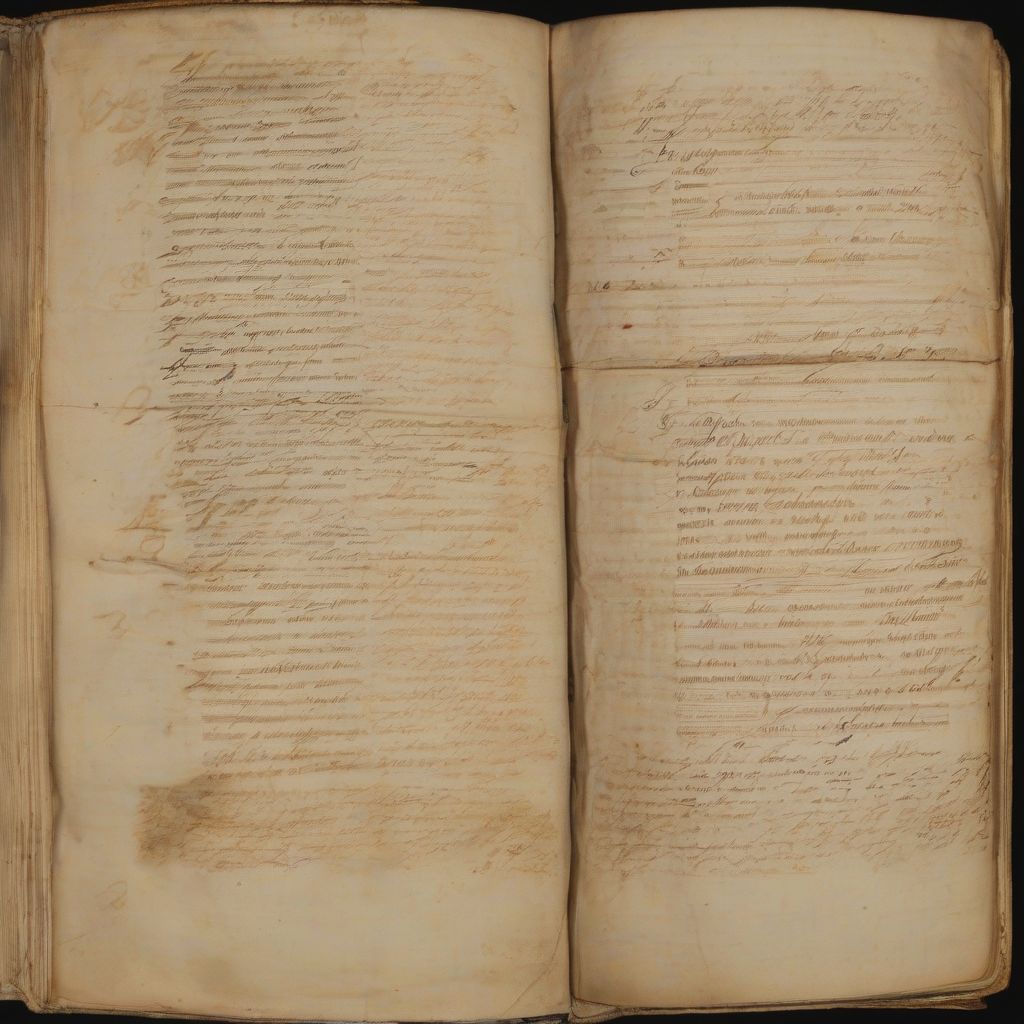“To read without reflecting is like eating without digesting.” – Edmund Burke
Have you ever started a classic novel, excited to delve into its depths, only to find yourself bogged down by unfamiliar language, historical references, or complex themes? You’re not alone! Classic literature, while rich in wisdom and beauty, can often feel like a daunting mountain to climb for the modern reader. This is where annotations come in – like a trusty Sherpa, they guide you through the treacherous terrain, illuminating hidden meanings and enriching your understanding of the text.
Why Annotate? The Benefits of Active Reading
Annotations are simply notes and markings you make directly on a text while reading. They can be as simple as underlining a key phrase or as elaborate as jotting down a paragraph of your own analysis. But don’t underestimate the power of this seemingly simple act! Here’s why annotations are crucial for unlocking the full potential of classic literature:
1. Enhanced Comprehension and Retention:
Remember those times you’ve reread the same paragraph multiple times, struggling to grasp its meaning? Annotations force you to slow down, engage actively with the text, and process the information more deeply. By highlighting key points, defining unfamiliar words, and summarizing complex passages, you create a roadmap for your brain, making it easier to recall and retain information later on.
2. Deeper Engagement and Critical Thinking:
Annotations transform you from a passive observer into an active participant in a dialogue with the author and the text itself. When you question, analyze, and form connections, you’re engaging in critical thinking, which leads to a richer and more meaningful reading experience.
3. Uncovering Hidden Meanings and Subtext:
Classic literature is often layered with symbolism, allegory, and historical context that may not be immediately apparent to the modern reader. Annotations allow you to peel back these layers, revealing the author’s intentions and enriching your understanding of the text’s complexities.
4. Personalizing Your Reading Experience:
Just like each reader brings their own unique perspective and experiences to a text, so too can annotations reflect your individual journey with the work. Your notes become a record of your thoughts, feelings, and insights, making the reading experience more personal and memorable.
 Annotated Book
Annotated Book
How to Annotate Effectively: Strategies for Success
Now that you understand the “why,” let’s explore the “how.” Annotating effectively is more than just haphazardly highlighting every other sentence. Here are some proven strategies to elevate your annotation game:
1. Start with the Basics:
- Define unfamiliar words: Don’t let vocabulary become a stumbling block. Look up words you don’t know and jot down their definitions in the margins.
- Highlight key phrases and sentences: Identify the main ideas, important arguments, and pivotal moments in the plot.
- Summarize paragraphs or sections: Condense lengthy passages into concise summaries to solidify your understanding.
2. Go Deeper with Analysis:
- Question the author’s choices: Why did they use specific words or phrases? What effect does this create?
- Identify literary devices: Look for metaphors, similes, imagery, symbolism, and other literary techniques employed by the author.
- Analyze characters and their motivations: What are their goals, desires, and fears? How do they evolve throughout the story?
- Connect to historical context: Research the time period, social norms, and historical events that influenced the text.
3. Make it Personal:
- Record your reactions and emotions: How did a particular passage make you feel? What resonated with you?
- Draw connections to your own life: Relate the themes, characters, or events to your own experiences or observations.
- Formulate your own interpretations: Don’t be afraid to disagree with the author or other interpretations.
Annotating in the Digital Age
While the traditional pen-and-paper method remains a beloved practice for many, the digital age has brought about new and exciting tools for annotation. E-readers and note-taking apps offer features like highlighting, note-taking, dictionary definitions, and even the ability to share your annotations with others.
Unlocking a World of Understanding
Annotating classic literature isn’t about defacing a book – it’s about building a bridge between the past and the present, between the author’s mind and your own. By embracing the power of annotations, you can unlock a deeper understanding of these timeless works, engage in meaningful conversations with literary giants, and embark on a journey of intellectual and emotional discovery.
Ready to Dive In?
Start by choosing a classic you’ve always wanted to read or revisit. Grab a pen, open your e-reader, or explore annotation apps. Remember, there’s no right or wrong way to annotate – the most important thing is to engage actively and make the text your own. Happy reading!
[amazon bestseller=”classic literature”]
